#genki kawamura
Text

Happy Caturday
My morning coffee with my cat Sakari.
“Cats and humans have been partners for over ten thousand years. And what you realize when you've lived with a cat for a long time is that we may think we own them, but that's not the way it is. They simply allow us the pleasure of their company.”
-Genki Kawamura
22 notes
·
View notes
Text
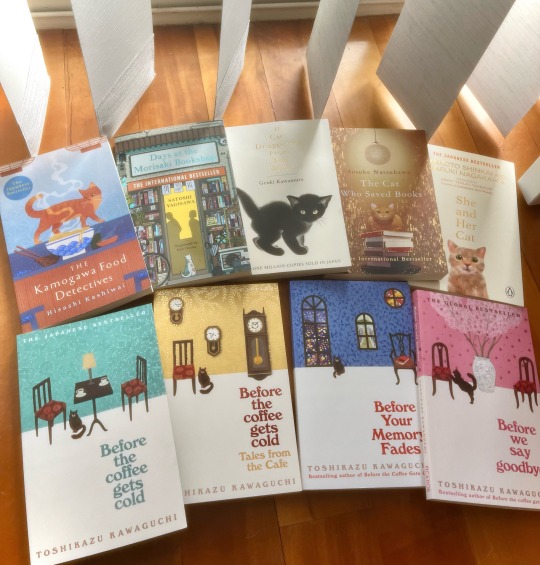
Japanese books with cats on the cover 🐈
#the kamogawa food detectives#hisashi kashiwai#days at the morisaki bookshop#satoshi yagisawa#if cats disappeared from the world#genki kawamura#the cat who saved books#sosuke natsukawa#she and her cat#makoto shinkai#naruki nagakawa#before the coffee gets cold#toshikazu kawaguchi#japanese literature#japanese lit#cats#books#asian literature#bookblr#reading
14 notes
·
View notes
Text
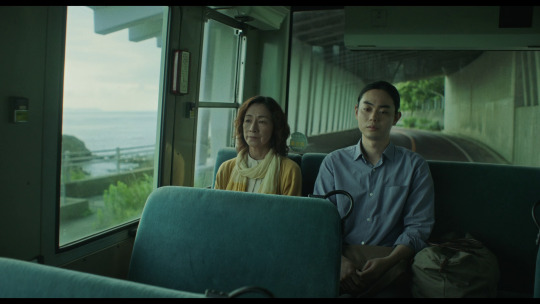
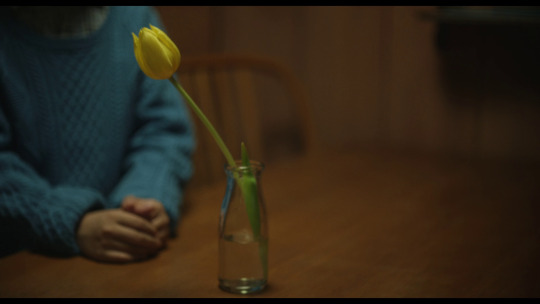
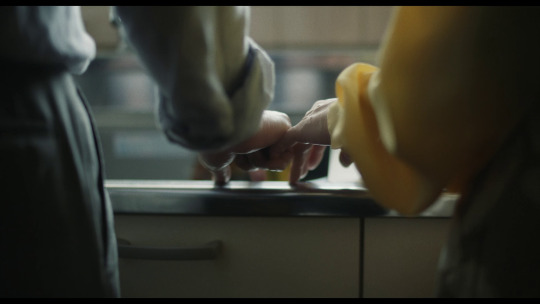


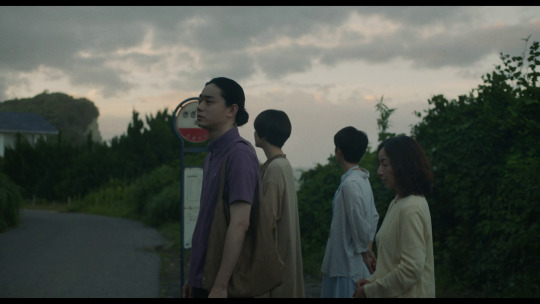

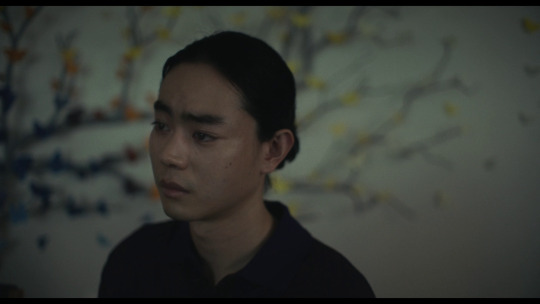
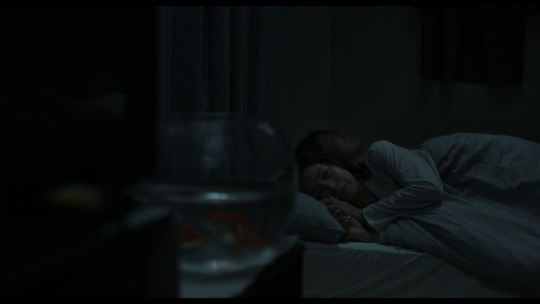


24 notes
·
View notes
Text
“To live means: to cry and shout, to love, to do silly things, to feel sadness and joy, to even experience horrible, frightening things…and to laugh.”
Genki Kawamura, If Cats Disappeared From The World
#genki kawamura#if cats disappeared from the world#books and reading#booklr#bookish#bookworm#bookblr#books#literature#life lessons#life quotes#quotes#life#love#cats#meaning#death#words#lit#longing
6 notes
·
View notes
Text

28 notes
·
View notes
Text
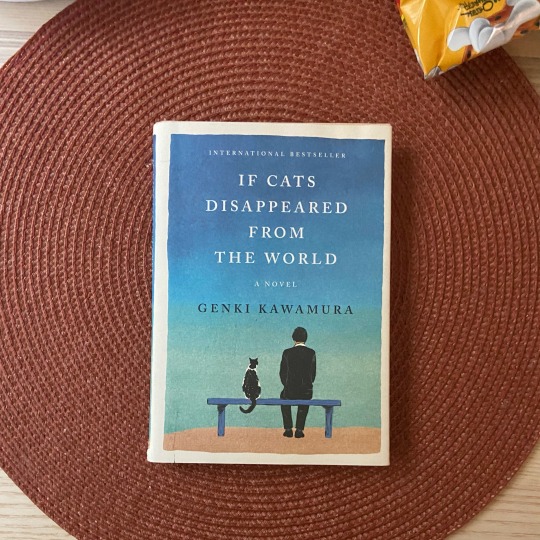
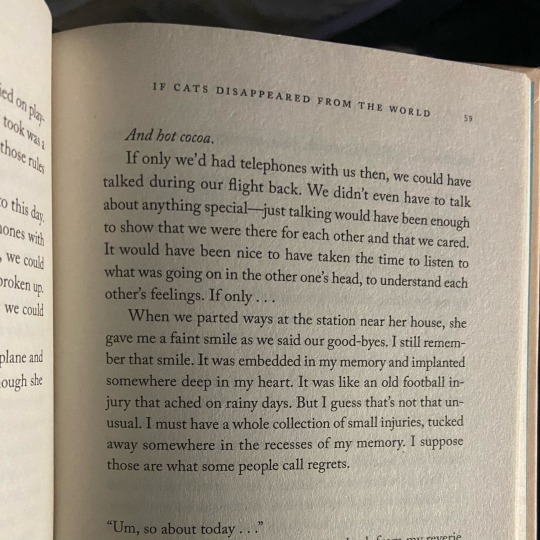
I must have a whole collection of small injuries tucked away somewhere in the recesses of my memory. I suppose those are what some people call regrets.
If Cats Disappeared from the World by Genki Kawamura
35 notes
·
View notes
Photo
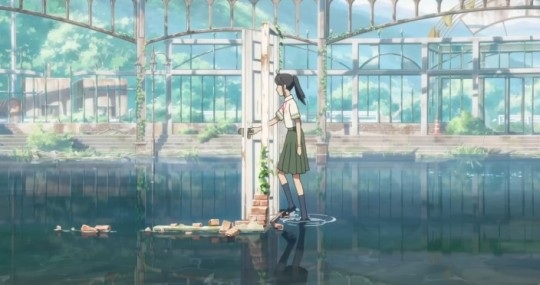
Suzume (2022, Japan)
How dramatic Makoto Shinkai’s rise has been. The Japanese animator and filmmaker, with his background in video game animation, is far away from the narrative and editing incoherence that plagued his early works, such as The Place Promised in Our Early Days (2004) and 5 Centimeters Per Second (2007). At first, neither film made viewers outside Japan take much notice. A decade later, Your Name (2016) commercially rocketed past all Shinkai films before it and, before one knew it, would go on to surpass Spirited Away (2001) as the highest-grossing anime of all time. The body-switching romantic comedy remains Shinkai’s best film, although Suzume comes much closer than I expected.
In my write-up to Your Name after its North American release, I speculated that the film’s success in Japan might be due to its allusions to the 2011 earthquake and tsunami off the coast of northern Honshu, the Tôhoku region – potentially some sort of cinematic catharsis. Though the imagery that Shinkai employed in Your Name would be unmistakable to any Japanese person who witnessed the destruction of that day, he invoked those images seemingly for the sake of aesthetic appeal. So too was this the case for Weathering with You (2019) – a film that drowned Tokyo in constant rain in service of an epochally selfish decision in pursuit of teenage romance. As such, Shinkai’s insistence to this day that Weathering with You is a film about climate change collapses entirely in the film’s finale. Suzume doubles down on Shinkai’s shtick for teen romance and obsession for how light reflects off water, but now he has made a film where the repercussions of the Tôhoku earthquake and tsunami and the subsequent Fukushima Daiichi nuclear disaster are front and center. This is his most honest film.
17-year-old Suzume Iwato (Nanoka Hara; Akari Miura as a young girl) lives with her aunt (Eri Fukatsu) on Kyūshū, the southernmost of the major Japanese islands. On the way to school one day, she passes by an attractive, long-haired fellow named Sôta Munataka (Hokuto Matsumura) who asks about local ruins. She points the way to an abandoned onsen, and – following her romantic longings rather than common sense – follows him. At the onsen, she finds a door, standing alone without supports. After she removes a totem that transforms into a cat (Ann Yamane) that scurries away, the door leads to a grassy field, with picturesque blues and reds streaking across a starlit sky. Arriving at school later, she later notices that something resembling a gigantic red worm is emanating from the door’s location. She rushes back, noticing Sôta struggling to close the door, and lends a hand to shut and lock the door – but not without the worm (which no one except these two can see) crashing to the ground and causing a sizable earthquake. Sôta explains he is a “closer” – part of a line of individuals who search for these doors and ensures that they remain shut. Failure to do so results in cataclysmic earthquakes. Against her aunt’s wishes, Suzume will follow Sôta northwards, towards Honshu. The cat, Daijin, must revert to a keystone in order to prevent further disaster.
A few decades into his film career, Shinkai’s undisciplined writing of his character’s emotions remains. Complicating everything is the fact that Daijin turns Sôta into something that should be inanimate. In interviews, Shinkai has defended this decision as the only way to have any sort of comic relief amid the film’s themes – a curious statement to make, as half of Suzume’s comedy has little to do with Sôta’s transformation, instead centering on our characters’ habits and flaws. The original plan was for Suzume to fall for another young woman, but producers nixed the idea, believing such a development too controversial for Japanese audiences*. Shinkai’s decision to make Sôta non-human puts Suzume on the brink of slapstick absurdity. Even though it remarkably allows some of the best character animation from a filmmaker not regarded for that (yes, character animation for an otherwise inanimate object), this absurdity can occasionally deprive Suzume of some much-needed pathos. Only in the Suzume’s final third does that pathos become apparent, and it arrives less powerfully than it should because of Shinkai’s decision to transform Sôta.
Combined with Suzume’s tendency to make hormone-influenced decisions during both the quieter and most perilous moments of her journey with Sôta – I am all for female characters having romantic agency, but there are times and places for when expressing or acting upon romantic feelings is appropriate – Shinkai’s teenage romantic writing can feel tactless at worst, tacky at best. Yet, because Shinkai is upfront about Suzume’s desires from the beginning (unlike the does-he-love-her-or-doesn’t-he-love-her waffling in Your Name and Weathering with You), it makes Suzume’s finale less baffling than his previous two works. Concerningly, in Your Name and Weathering with You, a natural disaster is an inconvenience to two teenagers barely realizing their love for each other. Not this time, thankfully, because of Suzume’s forwardness.
Suzume’s success comes from the tradition of live-action Japanese cinema to reflect – whether directly or otherwise – on national tragedy. When the United States ended its postwar occupation of Japan in April 1952, it also halted the censorship of topics such as the occupation itself, World War II, and other topics that the censors might object to. One could read the previous sentence and draw rash conclusions: namely, that American censorship shackled Japanese artistry. Perhaps it did, but plenty of exceptions exist, such as Yasujirô Ozu’s entire post-War filmography (even during the occupation). In Ozu’s post-War films, the families in those works quietly observe or accept the gradual Westernization of their culture, most evident in changes in nuptial and familial norms, and articulated with subtle, but great artistry. Censors have a way in sometimes making art’s politics less didactic – no less powerful, much more palatable. Now without American censors, films like Gojira (or Godzilla; 1954), Twenty-Four Eyes (1954), and The Burmese Harp (1956) wrestled with the morality of WWII, the apocalyptic consequences of nuclear weapons, and Japan’s war crimes inflicted upon its Asian neighbors (over the last few decades, Japanese filmmakers have become increasingly hesitant to engage in the last topic).
On March 11, 2011, a 9.0 or 9.1 earthquake struck off the east coast of Tôhoku. The resulting tsunami killed thousands and displaced hundreds of thousands, as well as triggering a nuclear meltdown at the Fukushima Daiichi Nuclear Power Plant. On 3/11 and the days after, images of the ocean swallowing buildings whole, boats now perched atop half-ruined rooftops, and clocks frozen at 3:25 PM made their way around a now-interconnected world. No sense can ever be made of nature’s randomness, and the loss of life in its wake. Suzume is a film that understands this, long before Shinkai truly shows what his film is about (accepting past tragedy and trauma) and what it champions (living life completely). Before we fully learn about Suzume’s loss on 3/11, Shinkai is content to introduce us to partake in some narrative detours. Those detours introduce the audience to side characters living their lives humbly, with little fanfare, and a joie de vivre. Notice the joy of the motorcycle-riding produce seller, content with the verdant beauty of her home and the rural simple living. The laid-back and unfussy Tomoya Serizawa (Ryūnosuke Kamiki; whose character is Sôta’s best friend) takes each day as is as he attempts to earn a teaching credential. Until then (and I suspect even after he becomes a teacher), he enjoys cruising along in his convertible, blasting a Spotify playlist with playful oldies such as Yumi Arai’s “Rūju no Dengon” (a familiar tune to fans of 1989’s Kiki’s Delivery Service), Yuki Saito’s “Sotsugyô”, among others.
These detours contrast with a device (that Shinkai also uses) more characteristic of Japanese cinema, or at least most Japanese cinema that has been exported to the West. That device is mono no aware (“the impermanence of things”) – with practitioners including some of the greatest Japanese filmmakers of all time such as Ozu and Isao Takahata (1988’s Grave of the Fireflies, 2014’s The Tale of the Princess Kaguya). This refers to character behaviors or individual shots that emphasize how life is fleeting and precious. In that contrast of Suzume’s loss and the joyfulness of her companions, there is an implicit understanding that Japanese culture, as our characters know it, is disappearing (one might say “transforming”). It is there in the beautifully-drawn abandoned buildings – the onsens, the schoolhouses – alluding to Japan’s demographic changes, as well as the implication that there are fewer “closers” in Japan than there used to be. For an economy once pegged to lead the future in Asia, Japan’s stagnant financial reality is reflected in the supporting cast, all of whom are hardscrabble folks neither struggling nor prospering. Sometimes that change happens suddenly, as what happened to Suzume on 3/11, leaving behind a towering sea wall and imprints of former homes as nature reclaims these once-devastated places.
The trick, Shinkai says, is to acknowledge the tragedies of the past, for all its effects on the present. At the same time, one must press forward, to live as completely as possible in the days we have afforded to us. As simple as that may be to articulate verbally or cinematically, it is a much different proposition in practice, on both counts. If Suzume presented this message inelegantly, the film would be a maudlin exercise. Touch too lightly on these themes, and the film drowns in its heavily expository dialogue. Shinkai may too fervently focus on the romantic and the comedic in spurts, but Suzume eventually upholds the film’s ultimate thesis, so that Suzume can find true happiness today and in the future while in full acceptance of her past.
youtube
With any Makoto Shinkai film post-Your Name, one expects the band RADWIMPS to score the film and provide a wealth of original songs. This time, the lone notable song is the title number, “Suzume”, and it only appears in full during the end credits, rather than the characteristic Shinkai-esque montage. Performed by RADWIMPS and featuring the TikTok singer Toaka on vocals, the sixteen-note motif in “Suzume” (even when Toaka is on vocals and not vocalizing the motif, the motif is played as the harmonic line) is a hypnotically memorable idea that serves as Suzume’s motif for the film’s entirety. Together, RADWIMPS and co-composer Kazuma Jinnouchi (Halo 5: Guardians and “The Ninth Jedi” from Star Wars: Visions; like Shinkai, Jinnouchi got his start in the video game industry) craft a gorgeous score unafraid to mix styles and instrumentations.
The action scoring as heard in “Abandoned Resort” makes full use of Japanese instruments and an ominous choir on top of orchestra – lending the scene that it accompanies an immediate tension that bolsters the sense of danger in closing the door. Similar orchestrations in the other door-closing scenes are likewise as effective as this. In other moments, a wildly jazzy “Cat Chase” sets the pace for a chaotic pursuit early in the film, all while adding to the scene’s hilarity. A simple conversation between piano and strings such as in “Time for Two” introduces secondary romantic motifs for those moments when the action slows down and Suzume has Sôta on her mind. But perhaps the most effective musical moment occurs while our two leads are in Tokyo, and Suzume makes the decision to return home in “Suzume’s Departure”. It might not be the most musically interesting cue, but RADWIMPS and Jinnouchi’s restraint to delay Suzume’s motif until absolutely necessary pays off in emotional dividends that only film music can accomplish. By some distance, this is the most beautifully scored and fascinatingly orchestrated film in Shinkai’s filmography, and a stunning achievement for RADWIMPS and Jinnouchi.
There is no doubting that Makoto Shinkai is one of the most important filmmakers in Japan at this moment. He is the figurehead for a generation of directors for whom anime has always been their foremost cultural influence – with all the strengths and substantial limitations that entails. And like those he succeeds but does not quite emulate (Ozu and his contemporaries, but more closely the likes of Hayao Miyazaki and the late Takahata), Shinkai has made a film grounded upon the aftermath of a national disaster. For the first time, those intentions and allusions are clear. The directness of feeling in Suzume is a refreshing change for him, granting the film an emotive sincerity that none of his previous works can match. Indeed, some of his expository, romantic, and comedic writing threatens to render his work as tasteless. Yet with utter conviction in his writing and filmmaking, Shinkai presents that the goodwill and kindness of others is essential following tragedy. I might take issue with Shinkai’s approach, but I have no arguments there. Following the footsteps of great directors and their films in the years after another national calamity, Suzume, though imperfect, is Shinkai at his most humanistic.
My rating: 7.5/10
^ Based on my personal imdb rating. My interpretation of that ratings system can be found in the “Ratings system” page on my blog (as of July 1, 2020, tumblr is not permitting certain posts with links to appear on tag pages, so I cannot provide the URL). Half-points are always rounded down.
* Broadly, Japanese society is not hostile towards LGBTQ+ persons. However, the nation’s politics – which have long been defined by remarkably low participation rates for an industrialized democracy, especially from younger generations – is conservative on queer rights. The ruling Liberal Democratic Party (LDP) has been in power almost continuously since its founding in 1955, and the party has always been against same-sex marriage.
For more of my reviews tagged “My Movie Odyssey”, check out the tag of the same name on my blog.
#Suzume#Suzume no Tojimari#Makoto Shinkai#Koichiro Ito#Genki Kawamura#Nanoka Hara#Akari Miura#Hokuto Matsumara#Eri Fukatsu#Shota Sometani#Sairi Ito#Kotone Hanase#Kana Hanazawa#Matsumoto Hakuo II#Ann Yamane#RADWIMPS#Kazuma Jinnouchi#Toaka#My Movie Odyssey
15 notes
·
View notes
Text
I feel a wave of sadness so strong that the tears won’t stop.
Genki Kawamura, If Cats Disappeared from the World
#genki kawamura#if cats disappeared from the world#sadness#japanese literature#quotes#dark acadamia aesthetic#translated literature#spilled ink#prose#existentialism#dark academia
61 notes
·
View notes
Text
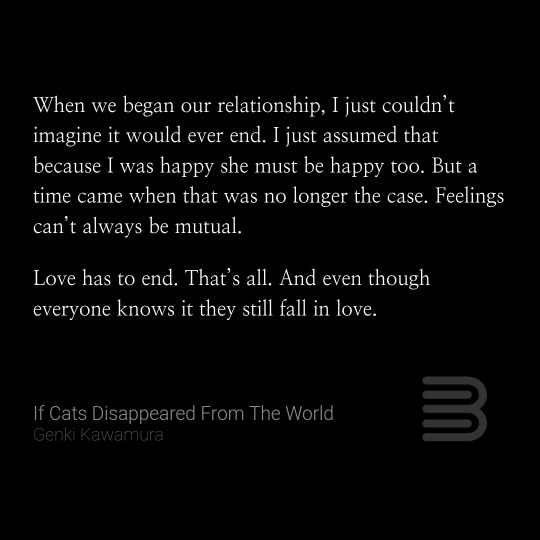
If cats disappeared from the world - Genki Kawamura
#quotes#life quotes#quotation#life quote#book quotes#books#bookworm#if cats disappeared from the world#genki kawamura#cat
11 notes
·
View notes
Text
If cats disappeared from the world
This is the best book I've read so far this year. Nothing ever makes me cry but this did. The writer is so intelligent in crafting a story which is both fun and thought provoking. It seems like a lighthearted book in the beginning but as we go on it gets better and better. The last chapter was the most emotional thing. As we grow into adults we start taking our parents for granted and start to forget or be ignorant of their contribution in our lives. While they're the only ones who actually ever cared for us and wanted us to live.
If you haven't read this please read this and introspect and retrospect on your own life journey with the protagonist.
5/5☆
Kawamura you've created a gem ♡
#booklr#books#book review#bookstagram#bookworm#books & libraries#bookish#japanese literature#if cats disappeared from the world#genki kawamura#asian literature#translated fiction#translated literature#literature#you only live once
14 notes
·
View notes
Text
"My hope is that my life would go on in someone's memory"
- Genki Kawamura, If Cats Disappeared From The World
10 notes
·
View notes
Text
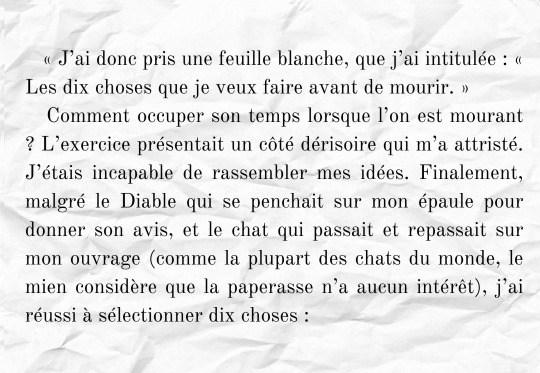


6 notes
·
View notes
Text

What if?
#if cats disappeared from the world#genki kawamura#cat#ginger cat#books#reading#bookblr#bookstagram#current read#japanese lit#japanese literature#asian literature
3 notes
·
View notes
Text
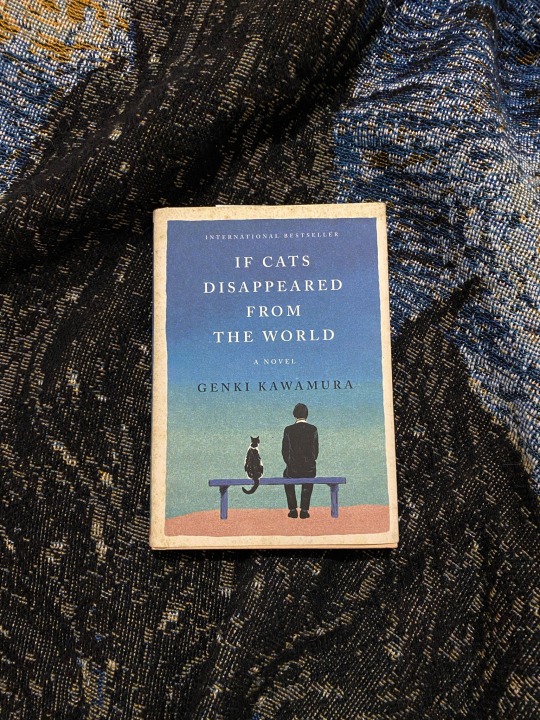

— If Cats Disappeared From The World, Genki Kawamura
2 notes
·
View notes
Text
Ten Questions Book Review - If Cats disappeared from the world by Genki Kawamura
What is it? Young man finds out that he has an incurable disease that will kill him at most in 6 months, and then the Devil shows up with a bargain he can't refuse.
Who should read it and why? A short existential novel on what is important in life, will do good to anyone. If you love movies, cats, or clocks, this book is definitely for you though.
Which genre(s) is it? Contemporary with a dash of magic realism.
What is the setting? Tokyo (?), recent times
How are the characters? The characters are very lovable, especially the mother. I even enjoyed the Devil being there. He's a cool dude. The cat is AMAZING though.
What are the strengths and weaknesses of the novel? A big strength here, in my opinion, is how short the novel is. And don't get me wrong, I would have loved it to keep going. But the fact that it is so short is essential to the story itself. Nothing that is there shouldn't be there. Every single word, every single page, counts. It could be a weakness for others, but I loved how contained the story is.
Did I cry and/or laugh? I cried like a baby. The cat made me chuckle a couple of times, but the mother? The mother made me use an entire box of tissues. I even cried when I went back to the quotes I took note of in order to answer the last question. That's how much this book made me cry.
Who shouldn’t read the book? This book is a reasoning on grief, plus the story of a doomed man, who knows he will die very soon. It could be a hard read for many, and no one would blame you if you don't want to pick it up, or if you dnf it.
Any random comment? The cats on the Italian cover of the book are the cutest little beans, I cry whenever I think about them.
Which quote stuck with me?
As you go on with your life, always remember the things that are good in you. They're your gifts. As long as you have these things, you'll find happiness, and you'll make the people around you happy.
2 notes
·
View notes
Text
Maybe the entire human race is unnecessary. The world we live in has no meaning at all.
2 notes
·
View notes